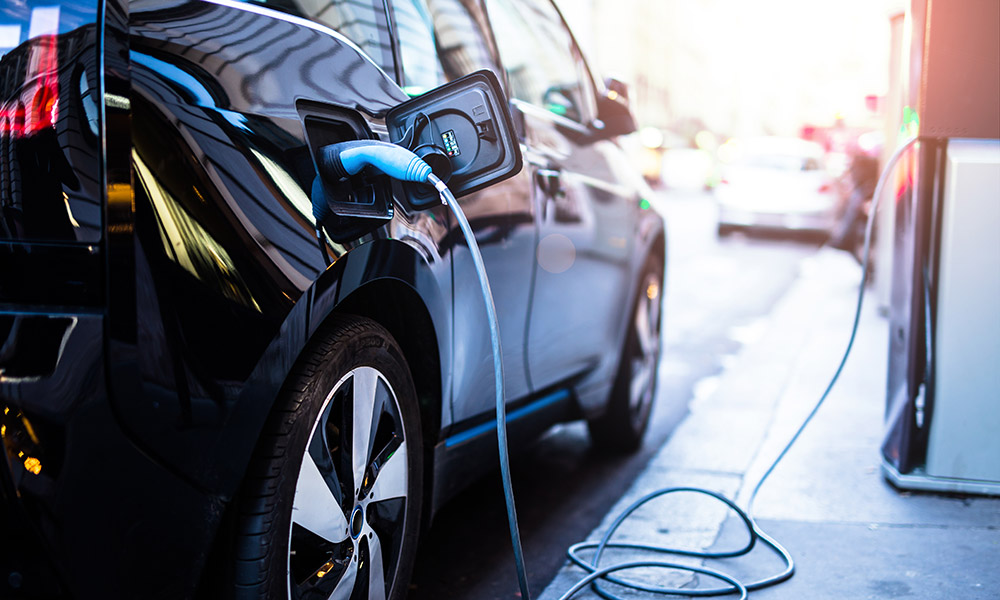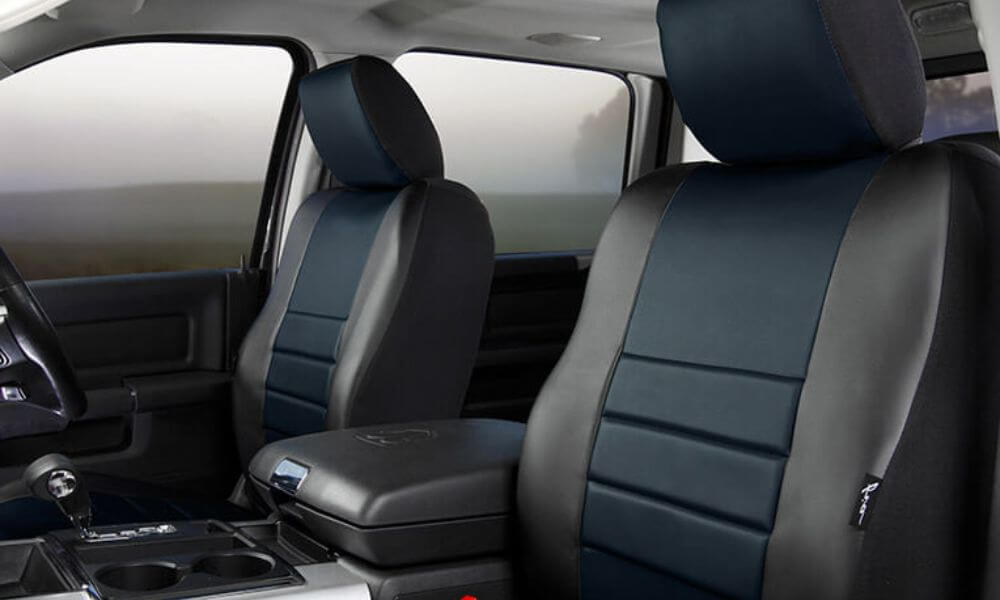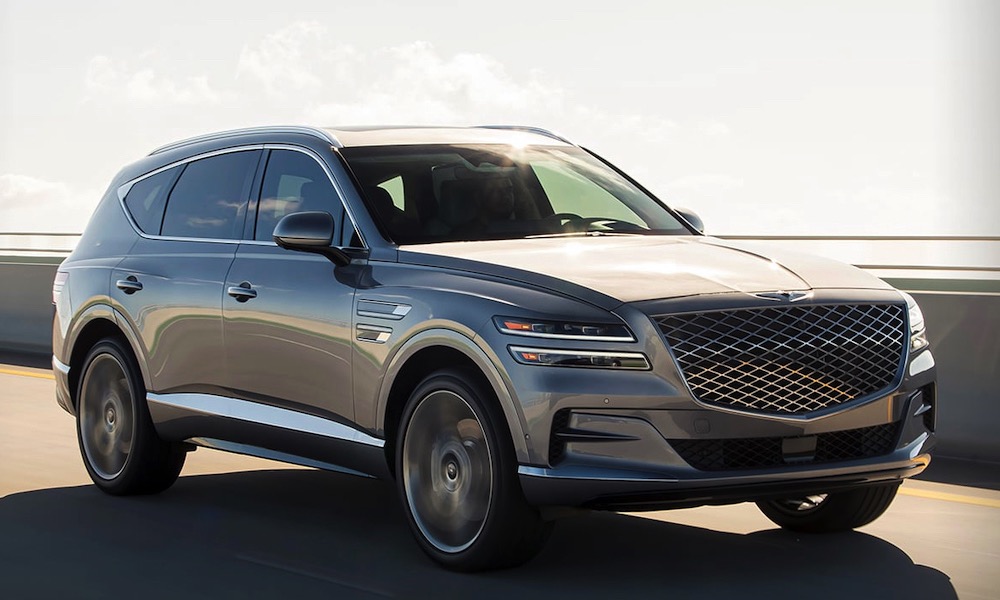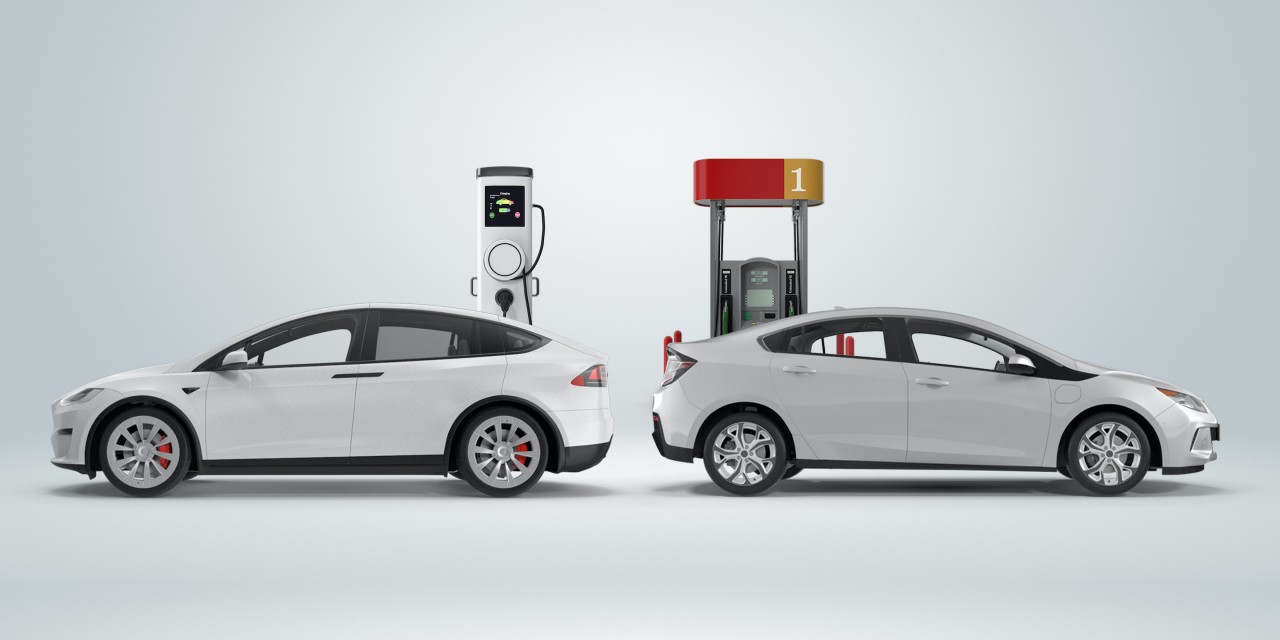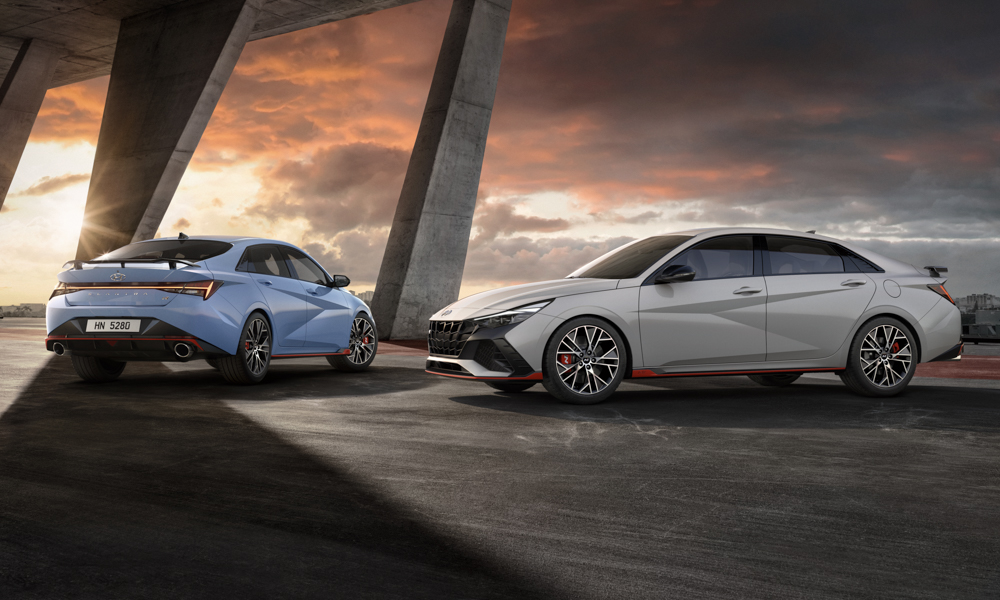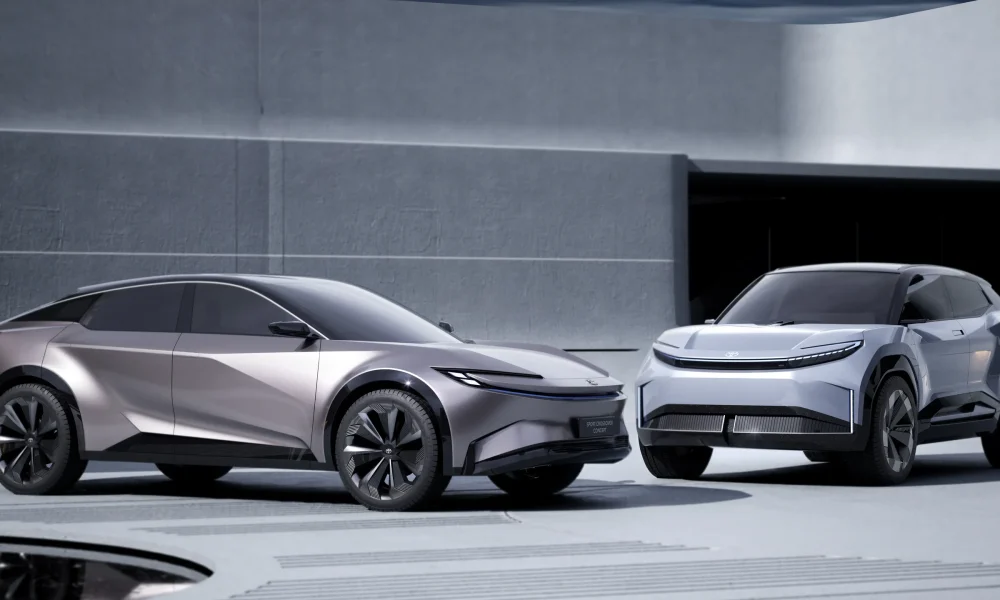
When it comes to purchasing a car, the decision between a luxury vehicle and an economy car can be daunting. Both options come with distinct advantages and drawbacks, and the best choice often depends on your lifestyle, budget, and personal preferences. This article delves into the key differences between luxury and economy cars, helping you determine the best value for your money.
Price and Affordability
Upfront Costs
Economy cars are known for their affordability. Models like the Toyota Corolla, Honda Civic, and Hyundai Elantra come with price tags that are significantly lower than luxury vehicles, often starting around $20,000. In contrast, luxury cars such as the Mercedes-Benz C-Class, BMW 3 Series, or Audi A4 start at $40,000 and can exceed six figures for high-end models.
Depreciation Rates
Luxury cars tend to depreciate faster than economy cars. While brands like Lexus and Porsche retain value better than others, most luxury vehicles lose a significant portion of their value within the first few years of ownership. Economy cars, with their lower purchase price and steady demand, often hold their value longer, making them a smarter financial choice for budget-conscious buyers.
Performance and Driving Experience
Engine and Power
Luxury cars are equipped with powerful engines and advanced drivetrains, providing superior acceleration and handling. Features like adaptive suspension, high-performance tires, and precision engineering are standard in brands like Jaguar and Tesla. Economy cars, while reliable, prioritize fuel efficiency over raw power. Models like the Toyota Prius and Nissan Versa excel in delivering consistent performance at lower operating costs.
Comfort and Ride Quality
Luxury vehicles shine when it comes to comfort. Plush leather seats, noise-canceling cabins, and superior climate control systems are common in luxury models. Economy cars, although functional, often lack these high-end touches, focusing instead on practicality and cost-effectiveness.
Features and Technology
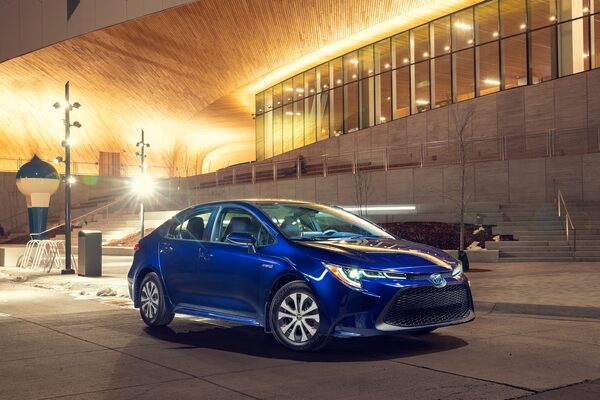
Advanced Technology
Luxury cars lead the pack in technological innovation. From large touchscreen infotainment systems to advanced driver assistance features like adaptive cruise control and lane-keeping assist, luxury brands like Volvo and Audi set the standard. Economy cars, while incorporating modern tech, often include fewer features or offer them as optional upgrades.
Safety Features
Both luxury and economy cars offer robust safety features. Economy cars such as the Mazda3 and Honda Accord often include essential systems like anti-lock brakes, airbags, and traction control. Luxury models take it a step further with features like night vision, 360-degree cameras, and semi-autonomous driving capabilities.
Maintenance and Operating Costs
Fuel Economy
Economy cars are designed with fuel efficiency in mind, making them a cost-effective option for daily commuting. Vehicles like the Hyundai Ioniq and Kia Forte boast impressive mileage, often exceeding 30-40 MPG. Luxury cars, particularly those with powerful engines, tend to have lower fuel efficiency, although brands like Tesla and BMW offer electric or hybrid models that mitigate this disadvantage.
Repairs and Insurance
Luxury cars typically have higher maintenance and repair costs due to their specialized parts and premium services. Insurance premiums are also higher for luxury vehicles, reflecting their higher replacement and repair costs. Economy cars, with their simpler design and readily available parts, are less expensive to maintain and insure.
Resale Value and Longevity
Long-Term Value
Economy cars often outperform luxury vehicles in terms of long-term reliability and lower ownership costs. Brands like Toyota, Honda, and Subaru are renowned for their longevity and low repair needs. Luxury cars, while durable, may require costly upkeep as they age, reducing their overall value proposition.
Resale Market
Luxury cars attract a niche market when it comes to resale. While they may fetch higher prices than economy cars, the pool of potential buyers is smaller. Economy cars appeal to a broader audience, ensuring quicker sales and consistent demand.
Conclusion
Choosing between a luxury and an economy car ultimately comes down to your priorities. If you value high-end features, superior performance, and prestige, a luxury car might be worth the investment. However, if practicality, affordability, and long-term reliability are your main concerns, an economy car provides better value for your money. Weigh your options carefully, test drive multiple models, and consider your long-term financial goals before making a decision.


